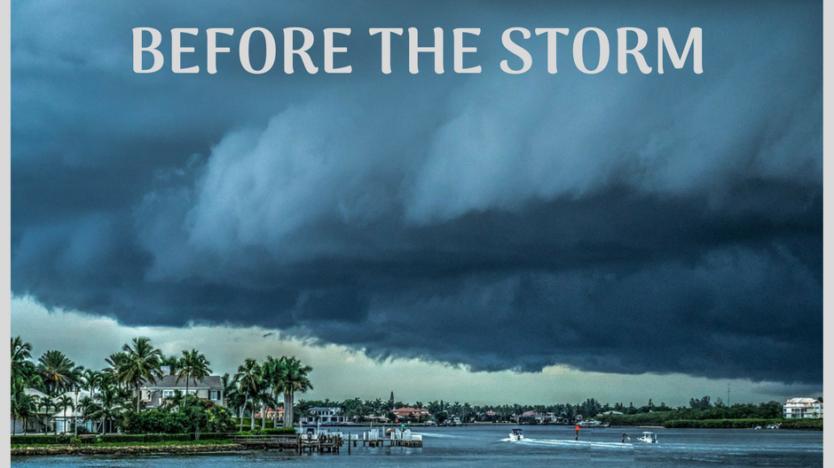Hurricane season has officially arrived in Central Florida.
From June through November, everyone in the state of Florida is vulnerable.
To make sure you’re prepared ahead of time, here are six general contractor-approved tips for home hurricane preparedness that can reduce potential damage.
-
Clean your gutters
An accumulation of leaves and branches keeps rainwater from flowing through gutters and away from your home. To prevent water from backing up, gutters should be cleaned prior to the start of the rainy season.
-
Asses your shutter situation
If your shutters are in need of upgrading, order them now and avoid the risk of shutter sell-out prior to an upcoming storm. If custom shutters or impact-resistant windows are not in your budget, measure your windows and purchase plywood for covering all exposed glass on all sides of your home. When cutting plywood for windows, mark which window each piece was cut for. This makes it easy to remember what goes where next time around.
-
Trim those trees
Call a professional to have your trees trimmed, and avoid heavy branches from falling onto your roof, home, or other dwelling structures. Ideally, a professional tree service will have a certified arborist on staff to make sure your trees are trimmed properly to promote their health and longevity.
-
What will you do when the lights go out?
Power outages resulting from storms can last several days to several weeks, leaving you without power to essential electronics. A whole house generator, if it’s within your budget, is a reliable way to back up larger systems – such as air conditioning and hot water heating. Smaller, portable generators are a more affordable option, and have the capacity to power fans, refrigerators and phone charging stations. Just remember, portable generators NEVER come inside, not even in a garage, as they produce deadly carbon monoxide when they’re running.
Read: Tips for safe generator use -
Identify and update your safe room
A safe room has minimal or no windows, and ideally, fits your whole family and supplies. This room is to be accessed in case of a tornado warning, or when another destructive risk is imminent. In addition to the safety basics (food, water, medicine, basic first-aid supplies, flashlights and portable charging stations), you might also consider stashing a few comfort focused items here. Items such as stuffed animals for kids, toys for your pets and a book to occupy your mind will help keep everyone in the right frame of mind, should you be stuck in your safe space for an extended period of time.
-
Got gas?
Make sure to keep an extra propane tank on hand. Don’t wait until pre-storm, get ahead of the crowds and purchase one (or two) now. Gasoline for vehicles is also often in short supply just before and after a storm strikes. If you have a couple extra gasoline cans, consider filling and storing in a cool, shaded space. Does your house use natural gas? Make sure to call the gas company for a refill or tank top off so you have plenty post-storm.
Thinking ahead and taking steps toward home hurricane preparedness can make a big impact on your ability to think clearly ahead of an impending storm. One afternoon of preparation can save you months of discomfort, money, and time spent on repairs after the storm.

